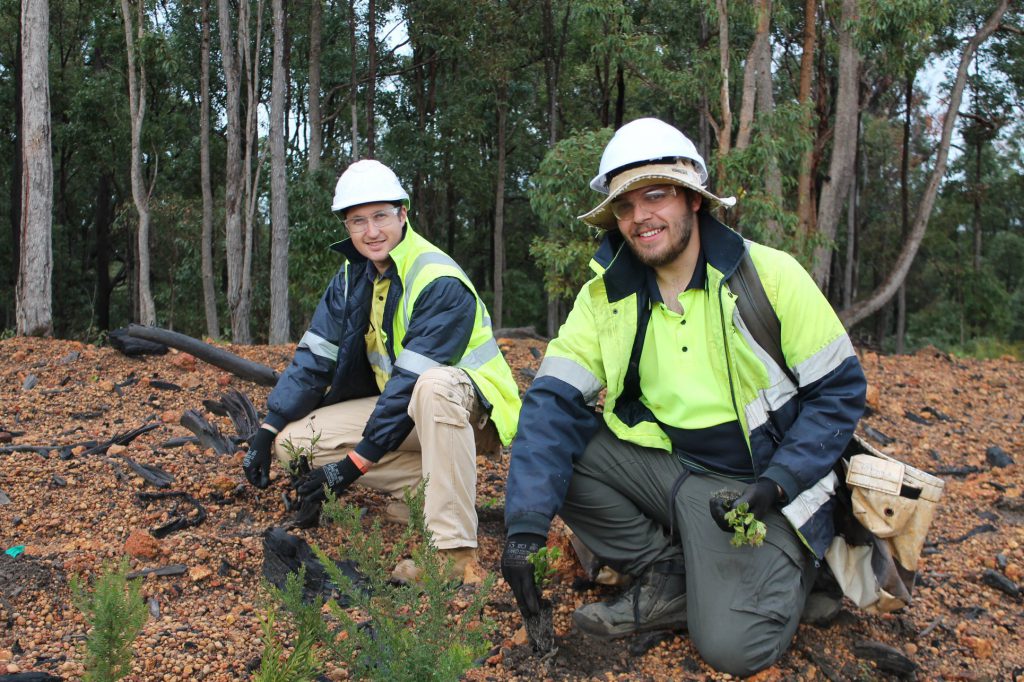Union says reached wage deal with Alcoa Australia, will end strike

SYDNEY, Sept 28 (Reuters) – Unionised workers at aluminium producer Alcoa’s Western Australian operations on Friday agreed to end a strike that lasted more than six weeks after securing better job security provisions in a new wage agreement.
Workers at two alumina refineries and three bauxite mines walked out on Aug. 8 because of concerns about a new workplace agreement.
The strike added to recent supply pressure on bauxite and alumina, key raw materials for aluminium production.
The workers agreed to end the strike and will return to work on Monday, the Australia Workers’ Union (AWU) said in a statement.
Alcoa welcomed the AWU decision to end the strike, and added it would take the revised wage agreement to an employee vote next month, the company said in a statement.
The deal includes a commitment from Alcoa that it will not make employees forcibly redundant by outsourcing their work or replacing them with limited-term or casual employees.
“Job security is incredibly important when you are operating in this kind of environment.”
“Job security is incredibly important when you are operating in this kind of environment and that is what our members have secured with this deal,” AWU State Secretary Mike Zoetbrood said in the statement.
“There were a lot of dark periods over the past 52 days when we could have wavered,” he added.
“But we held the line and this is the pay off.”
Alcoa had said earlier this month that the production of alumina at the Western Australia operations had been cut by a total of about 15,000 tonnes in August. The operations normally churn out about 9 million tonnes a year, or 25,000 tonnes a day.
The refineries and mines are owned by Alcoa of Australia Ltd, which is part of the AWAC group of companies. Sixty percent of AWAC is held by Alcoa and 40 percent by Alumina Ltd.
(Reporting by Swati Pandey; Editing by Christian Schmollinger)
{{ commodity.name }}
{{ post.title }}
{{ post.date }}




Comments